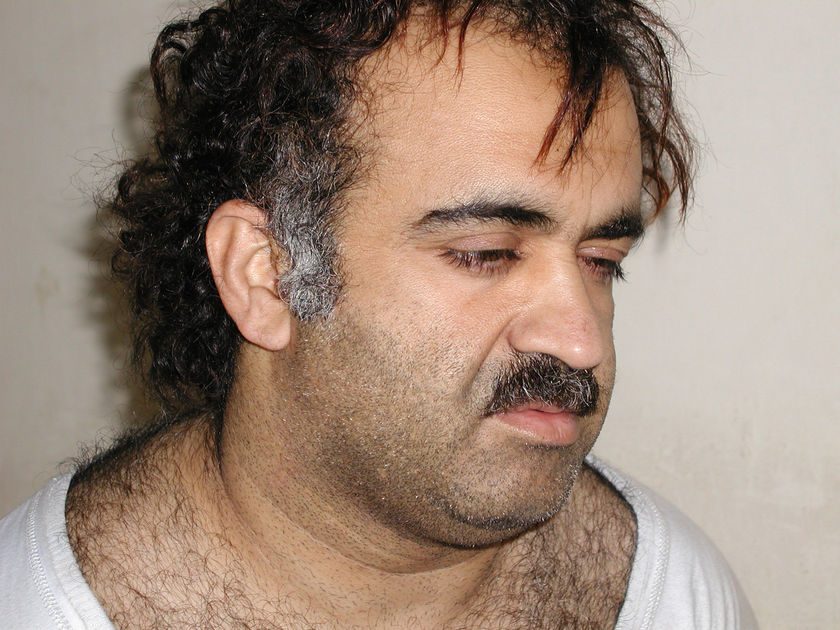The Disgraceful Plea Deal for 9/11 Mastermind
Khalid Sheikh Mohammed, the man behind the 9/11 attacks that killed nearly 3,000 innocent Americans, has struck a deal that defies justice. Instead of facing the death penalty, this terrorist mastermind is getting a life sentence. Along with his accomplices, Walid bin Attash and Mustafa al-Hawsawi, Mohammed has agreed to plead guilty to conspiracy and murder charges. This deal comes after more than two decades of delays and legal wrangling. But is this plea deal a fair outcome for the victims? Or does it represent a gross miscarriage of justice?
The Plea Deal Details
According to reports from The New York Times, the plea deal was announced in a letter from military prosecutors to the families of 9/11 victims. The deal removes the possibility of the death penalty in exchange for guilty pleas to all charges, including the murders of 2,976 people. This agreement was finalized despite the fact that these men were charged with planning one of the deadliest attacks on American soil.
Mohammed, the self-proclaimed mastermind of the attacks, was captured in 2003 and interrogated by the CIA, including being waterboarded 183 times. His accomplices include Attash, who managed the financial aspects of the plot, and al-Hawsawi, who helped in planning the attacks.
Victims’ Families Speak Out
Victims’ families are rightfully outraged. Daniel D’Allara, who lost his brother in the attacks, has expressed deep disappointment. He wanted the death penalty for these terrorists and believes the government has failed to deliver the justice that was deserved. Terry Strada, from 9/11 Families United, also voiced frustration, saying she wished the case had gone to a full trial. For many, this plea deal feels like a slap in the face, denying them the closure and justice they have waited for.
The Torture Debate
The deal comes against a backdrop of controversy over how Mohammed was treated. He was subjected to extreme interrogation techniques, including rectal rehydration, stress positions, and sleep deprivation. These methods have been widely condemned as torture. Defense lawyers argue that this treatment contaminated the evidence, complicating the legal process.
The United States’ approach to interrogating these terrorists has always been a contentious issue. Critics of the plea deal argue that Mohammed’s torture should not be used as a reason to reduce his punishment. The fact remains that he was directly responsible for planning and executing an attack that caused immense suffering.
Delays and Legal Battles
The legal process for trying Mohammed and his accomplices has been riddled with delays. There was an 18-month pause during the COVID-19 pandemic, and previous plans to move the trial to New York were rejected. The case has been in pretrial proceedings for more than a decade, with various legal and administrative hurdles complicating the process.
Amnesty International has commented on the situation, praising the deal as a form of accountability but also criticizing the slow pace of justice. This organization, while acknowledging some level of justice, has called out the U.S. military commissions for their failures and slow progress.
Final Thoughts
The plea deal for Khalid Sheikh Mohammed and his accomplices raises serious questions about justice and accountability. While the deal might end years of legal battles, it feels like a betrayal to those who suffered and lost so much on 9/11. These terrorists, who orchestrated one of the worst attacks in U.S. history, should face the full extent of the law, including the death penalty. This plea deal, rather than providing closure, seems to offer a lighter sentence to those who committed unimaginable crimes.
What do you think? Should Khalid Sheikh Mohammed and his co-conspirators have received the death penalty instead of a plea deal? Share your thoughts in the comment section below.


Leave a Comment